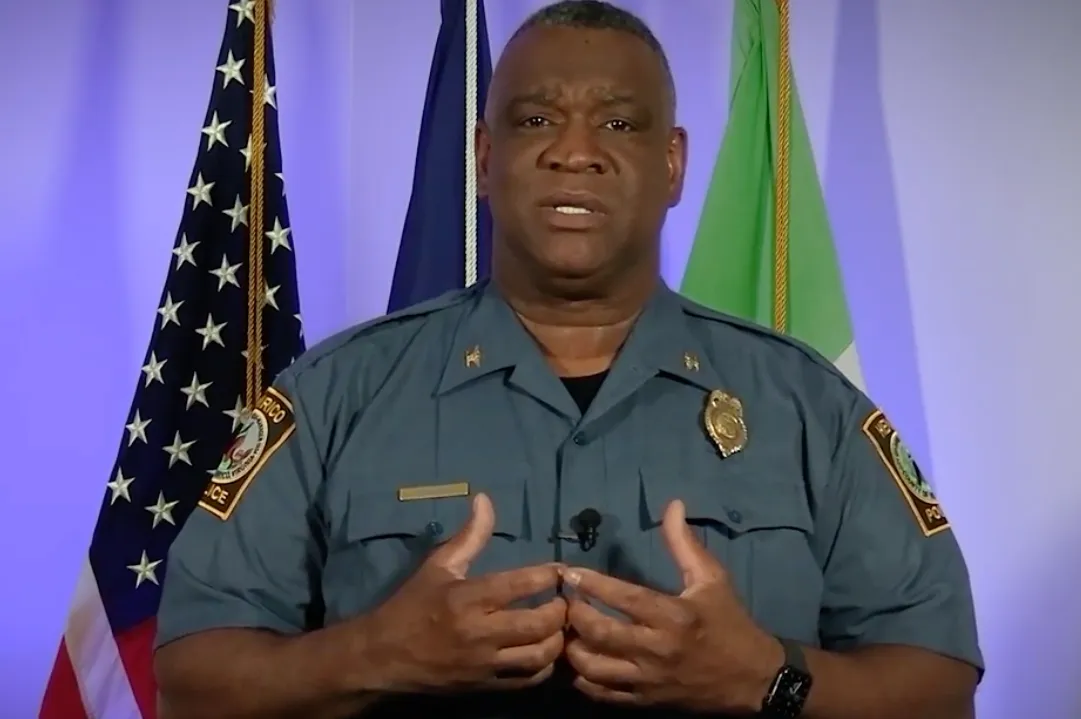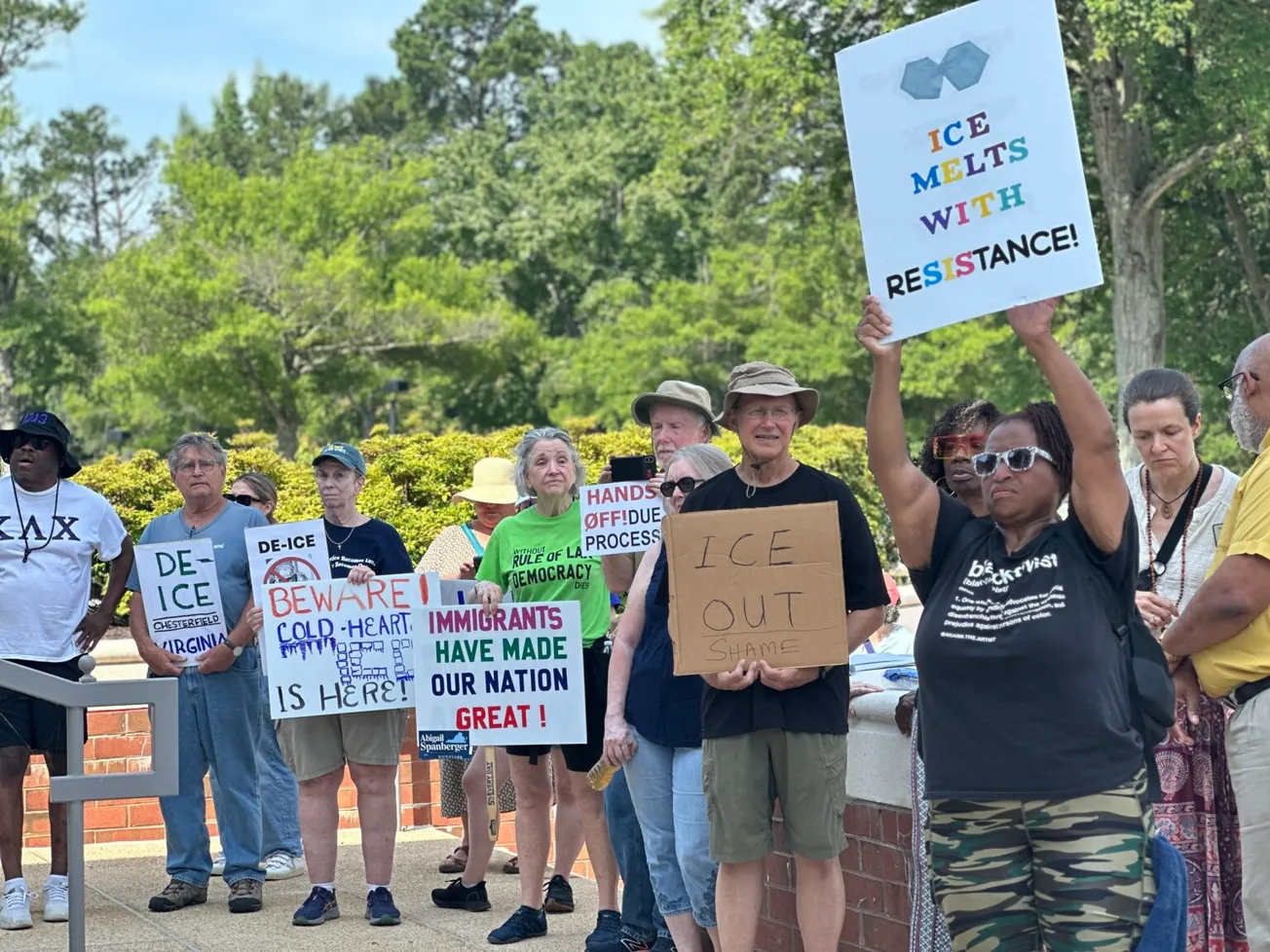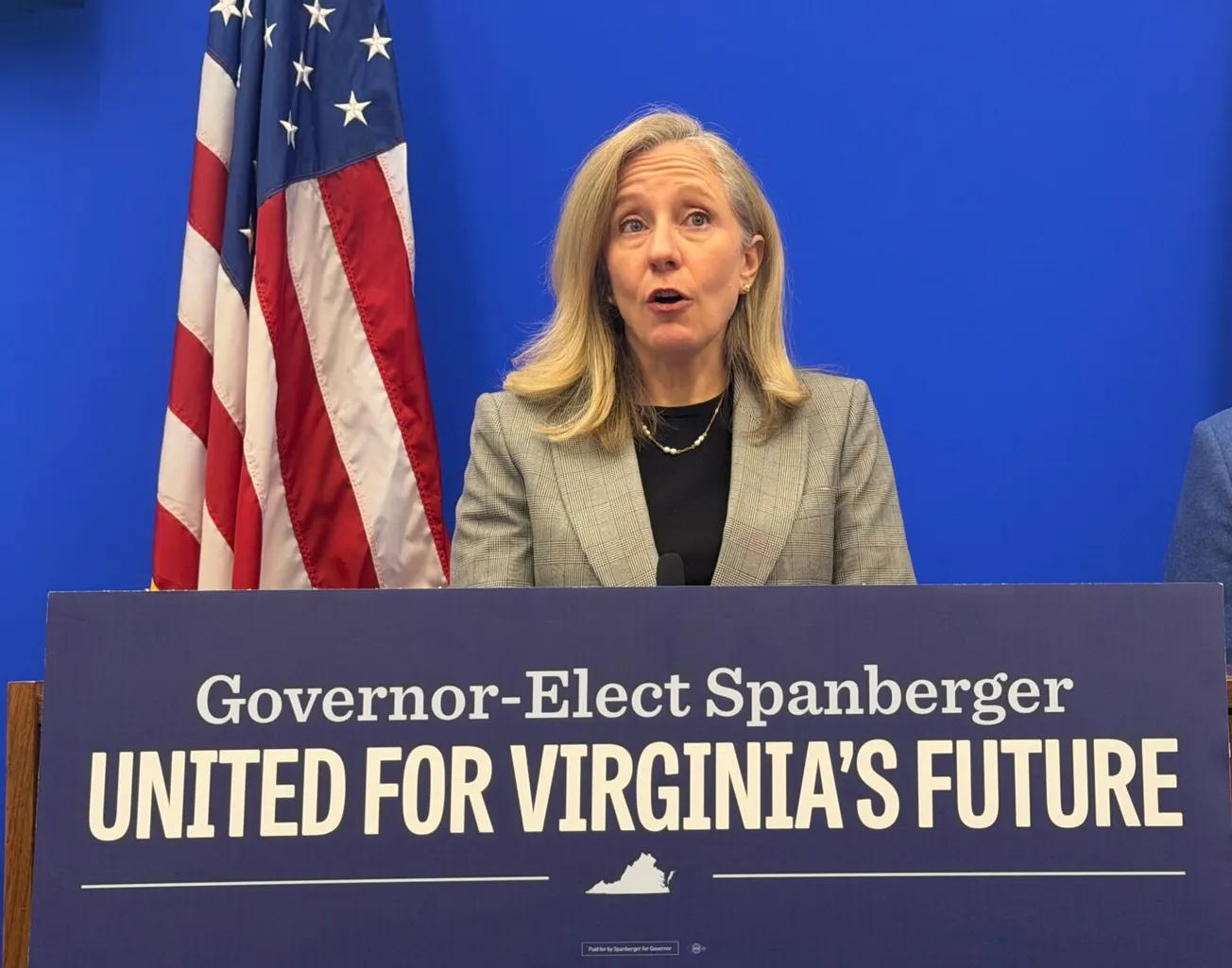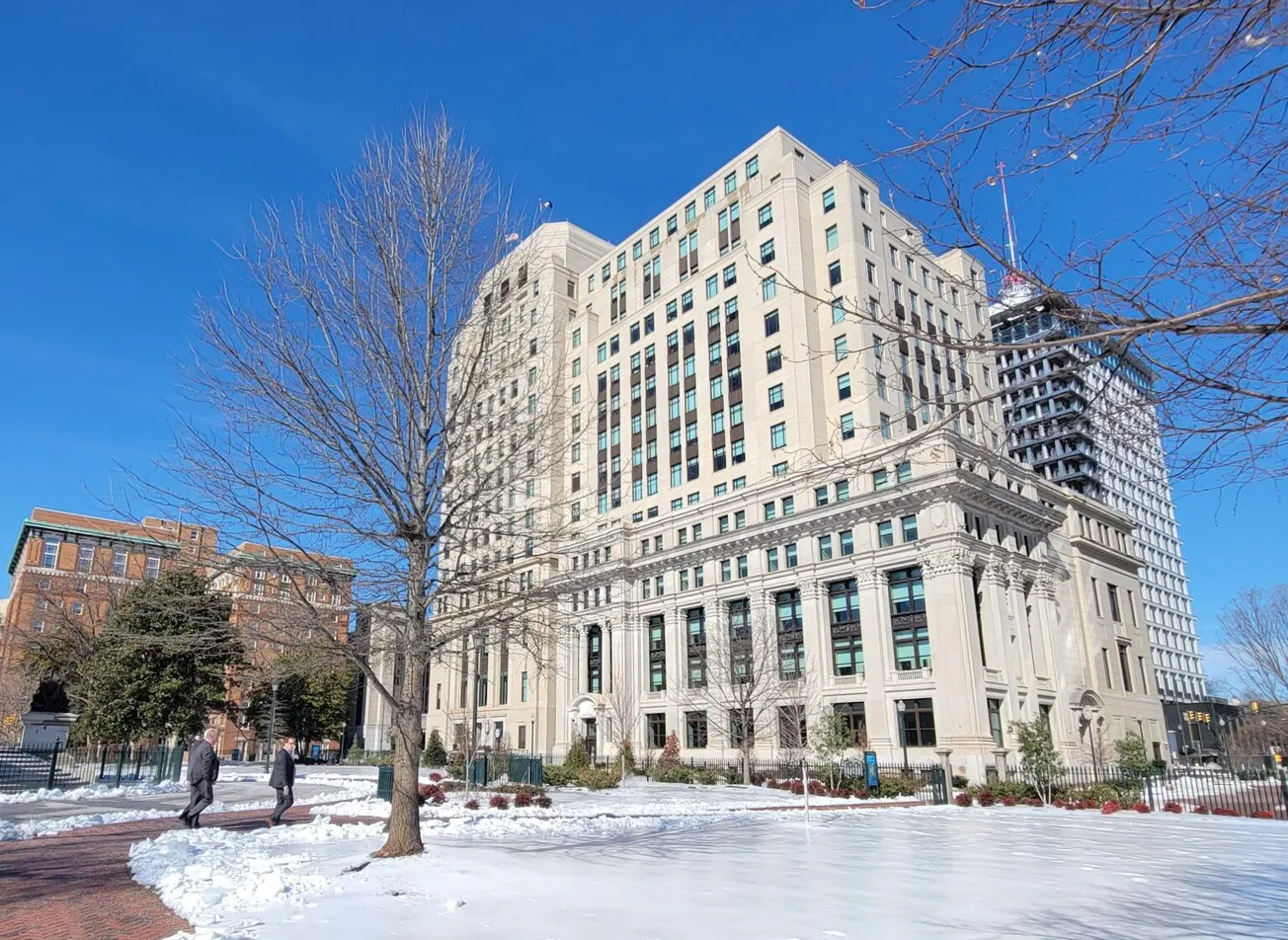Local lawmakers, medical officials push back on Wittman’s support of ‘Big, Beautiful Bill’
Several Henrico lawmakers and Richmond-area medical leaders have spoken out against U.S. Congressman Rob Wittman’s (R-VA-01) comments supporting the passage of the One Big Beautiful Bill Act.





